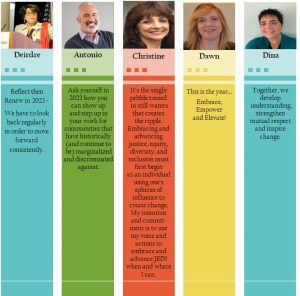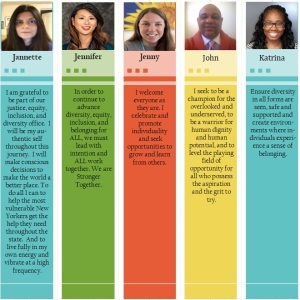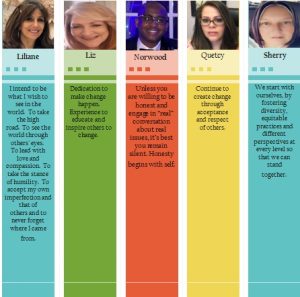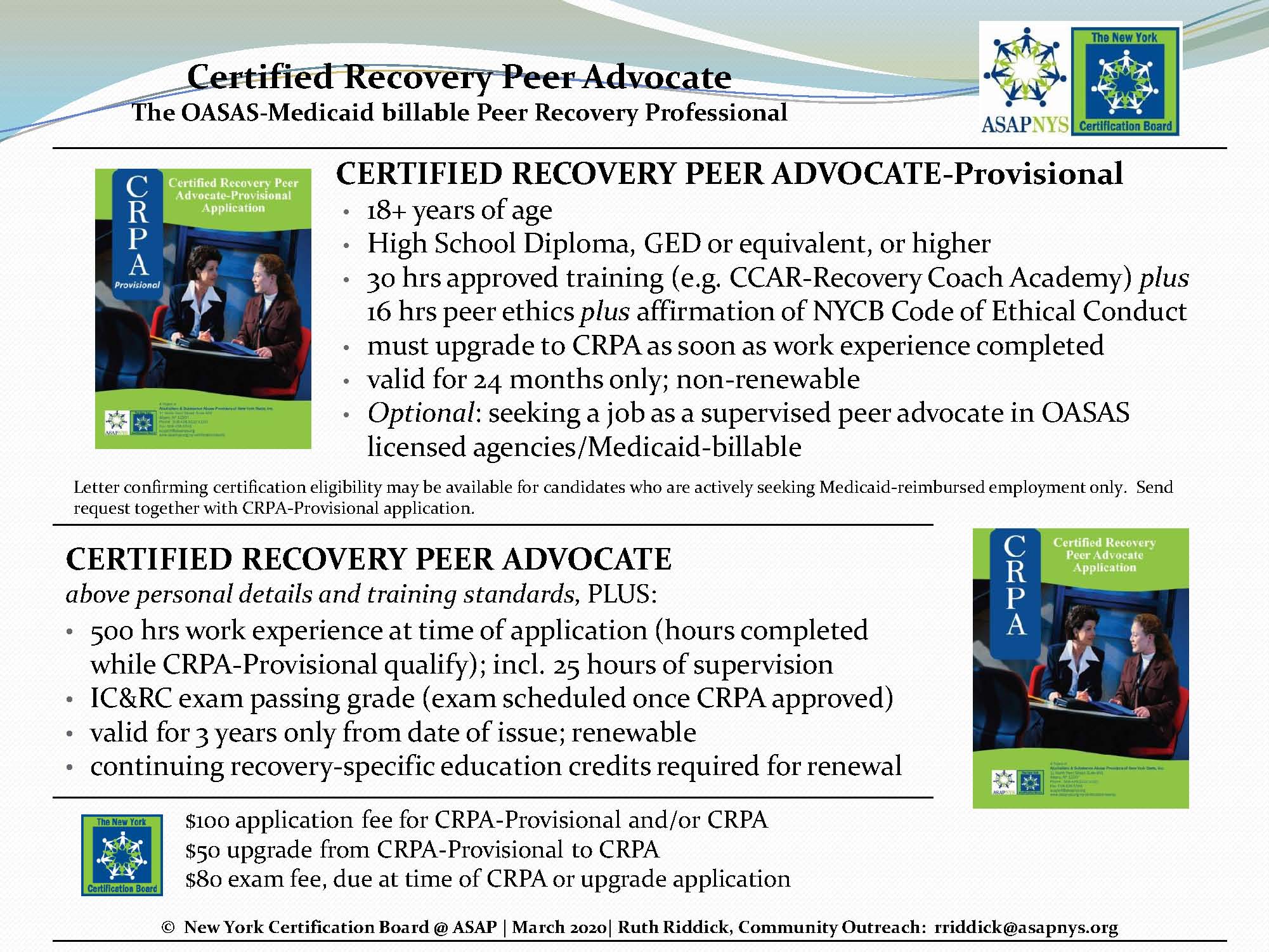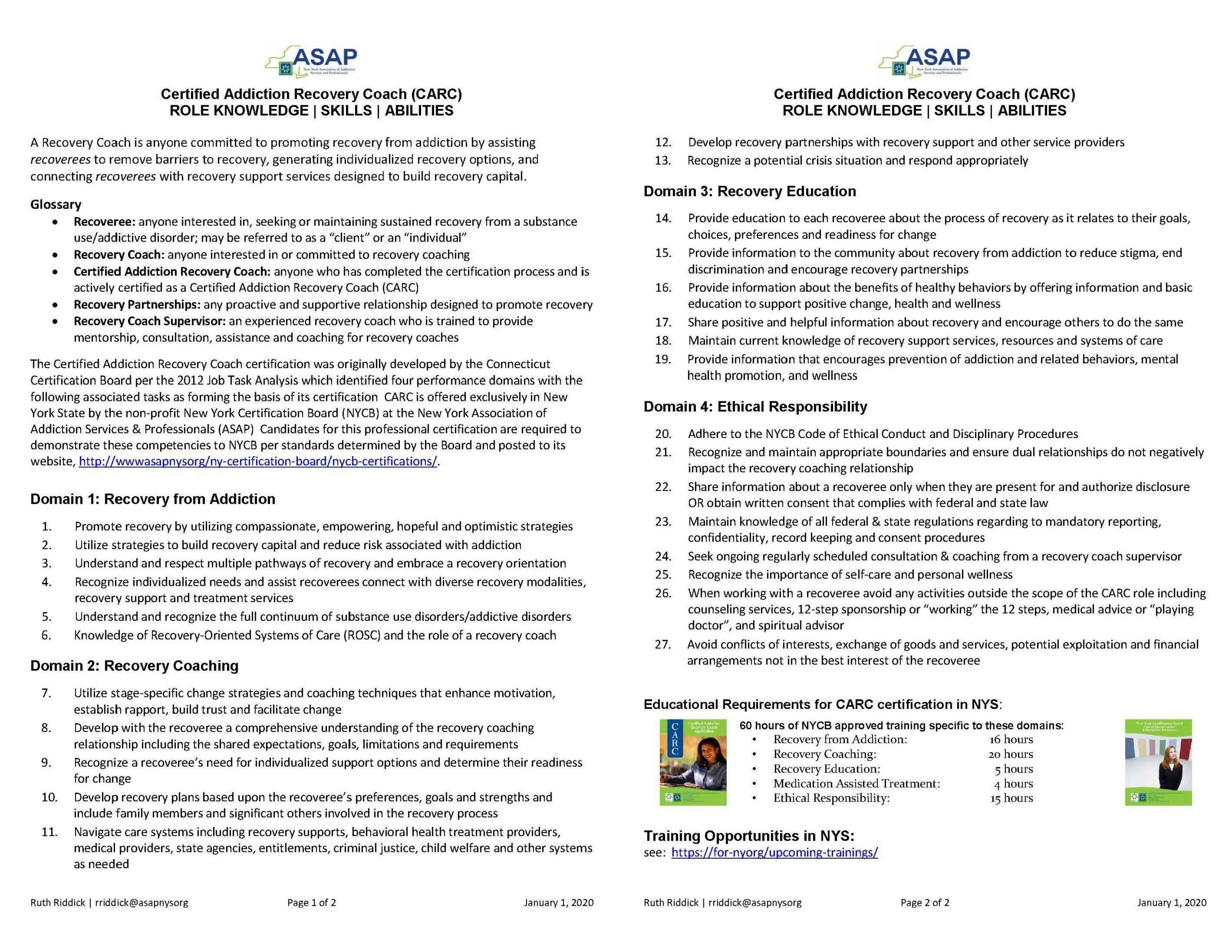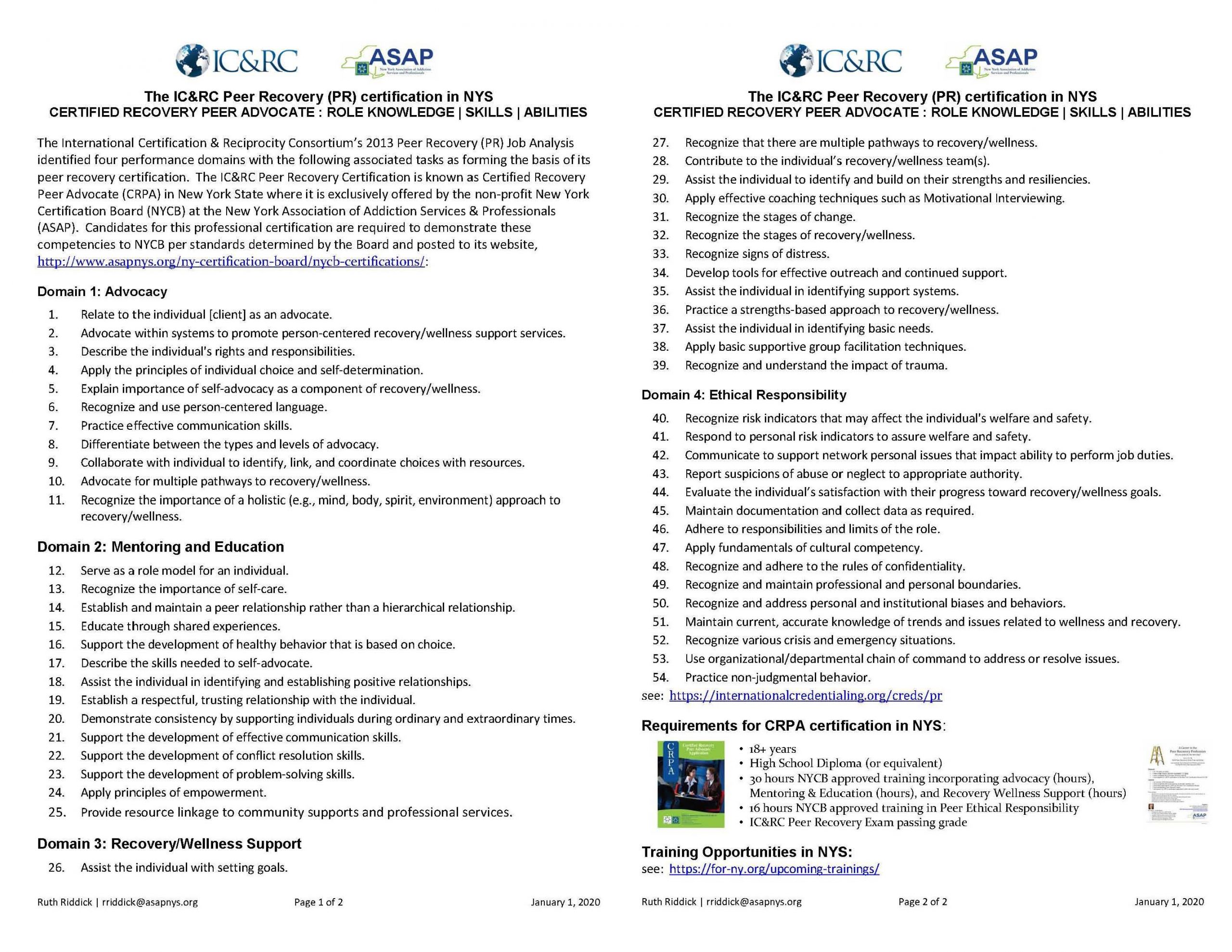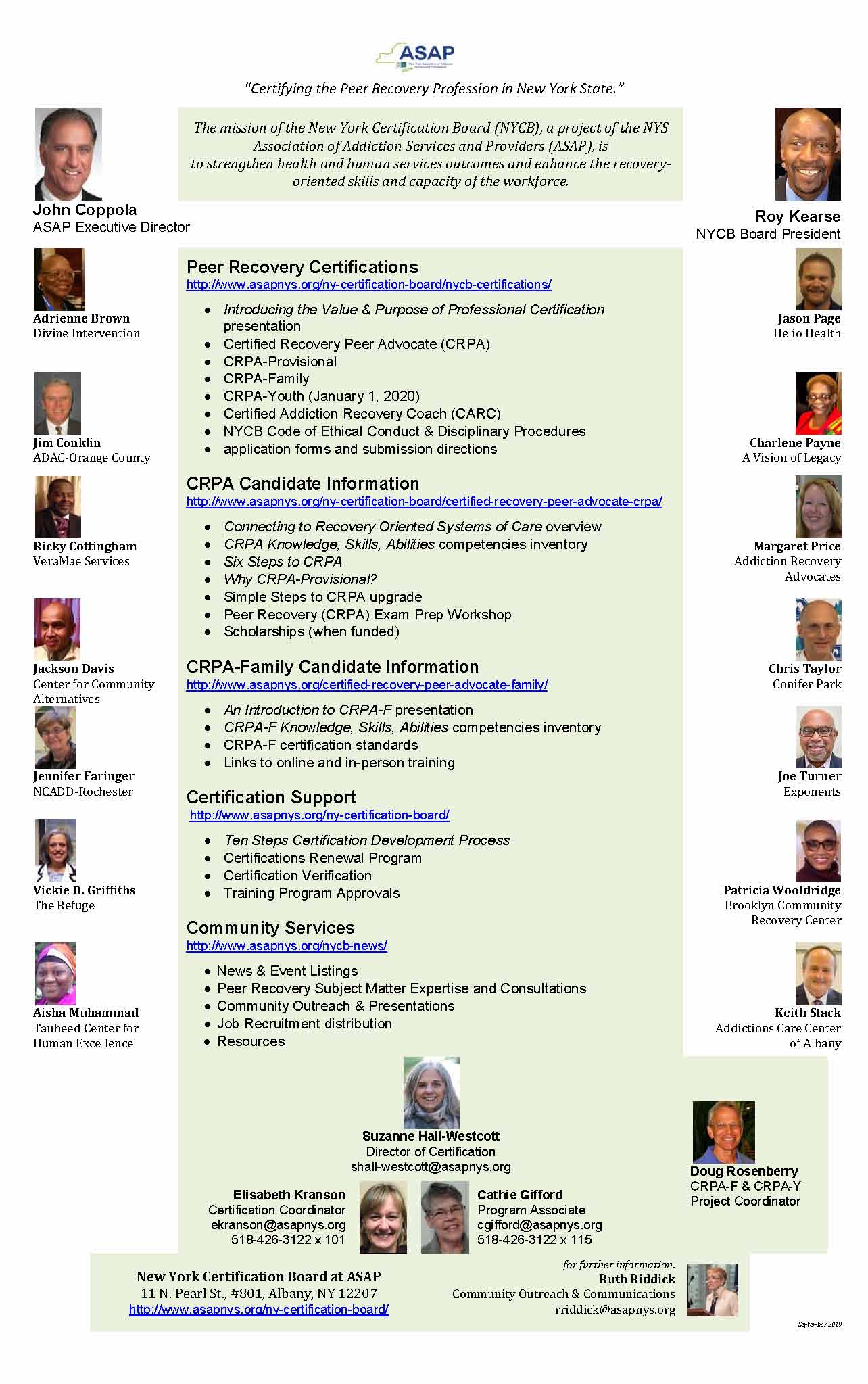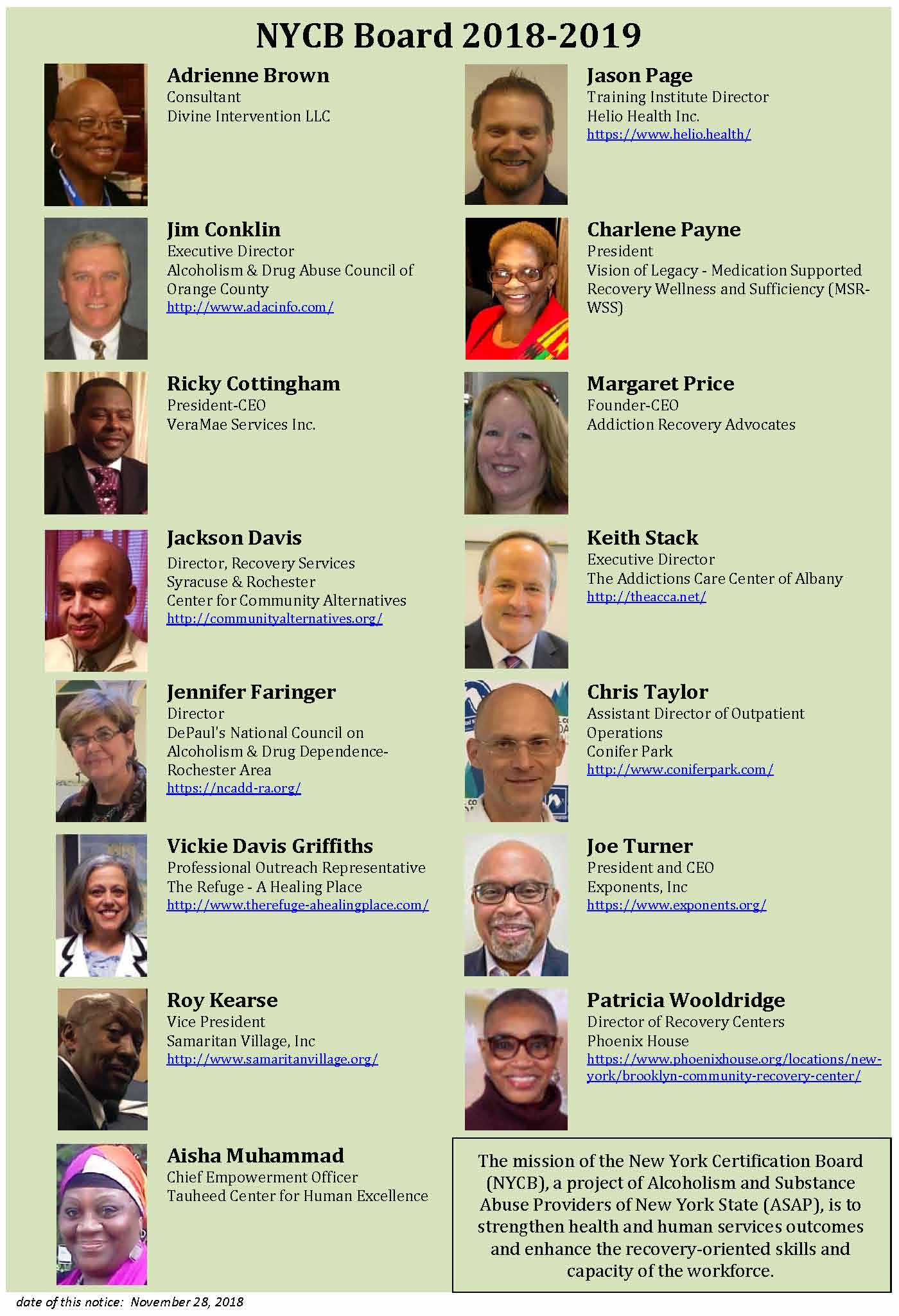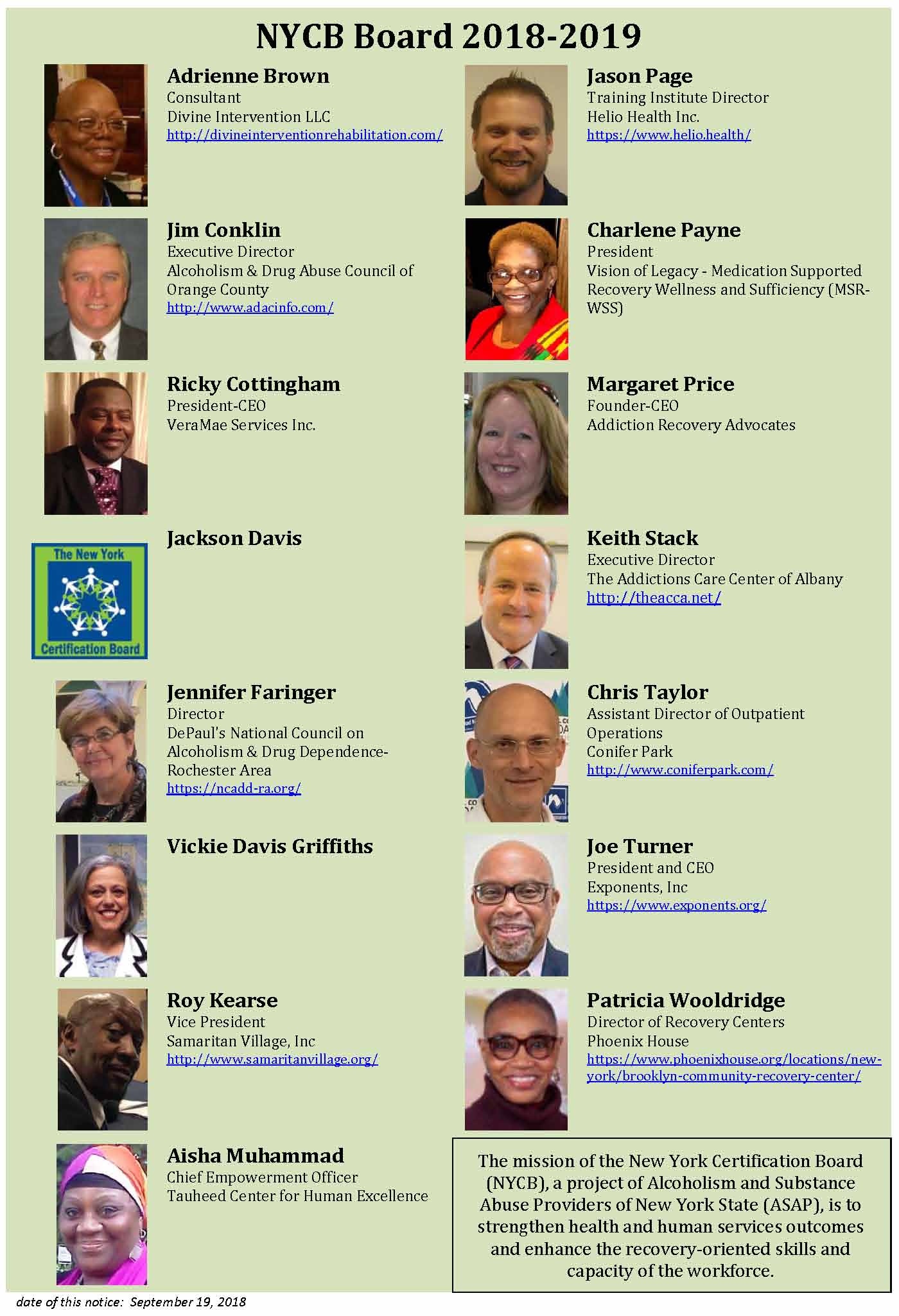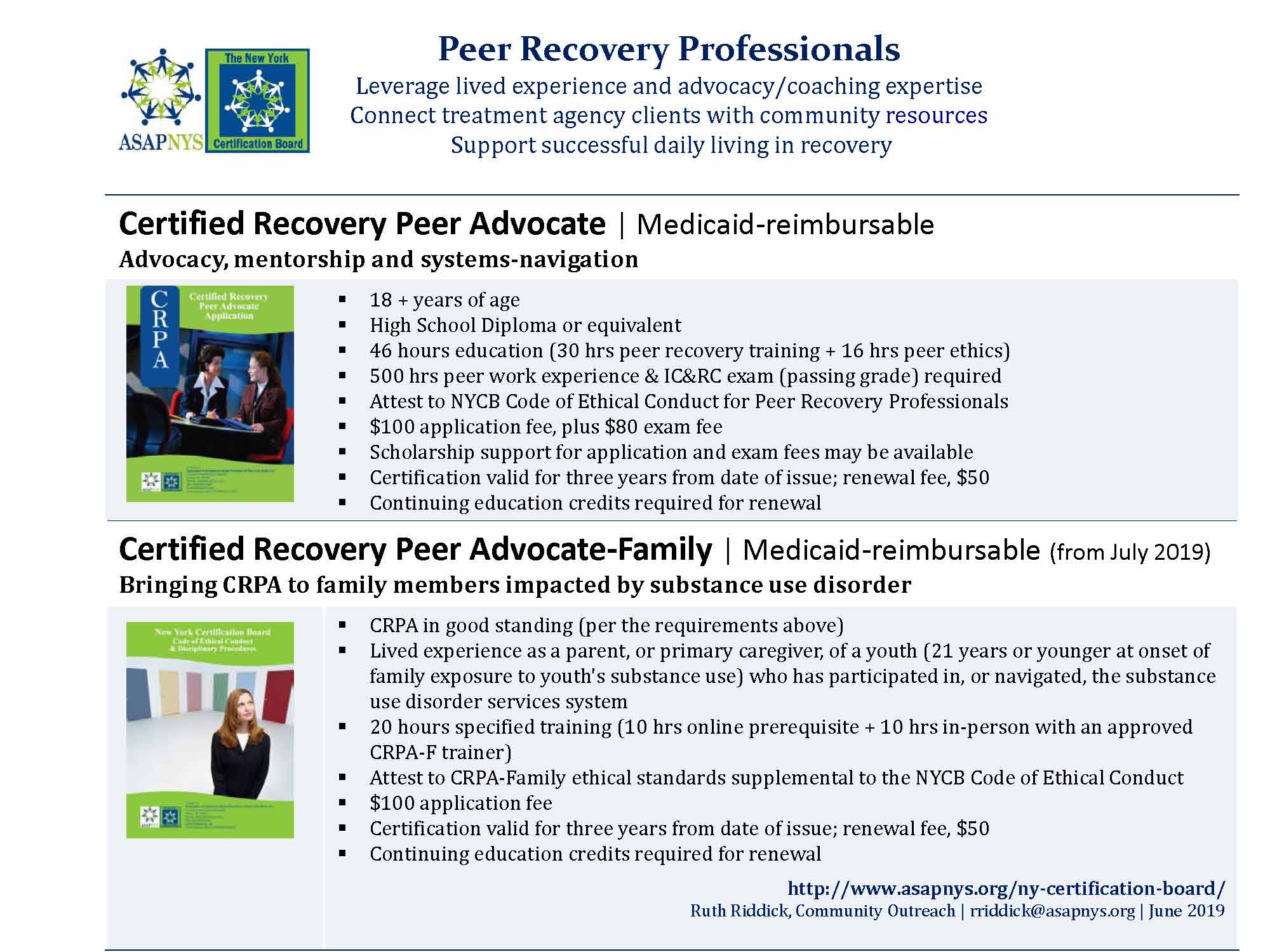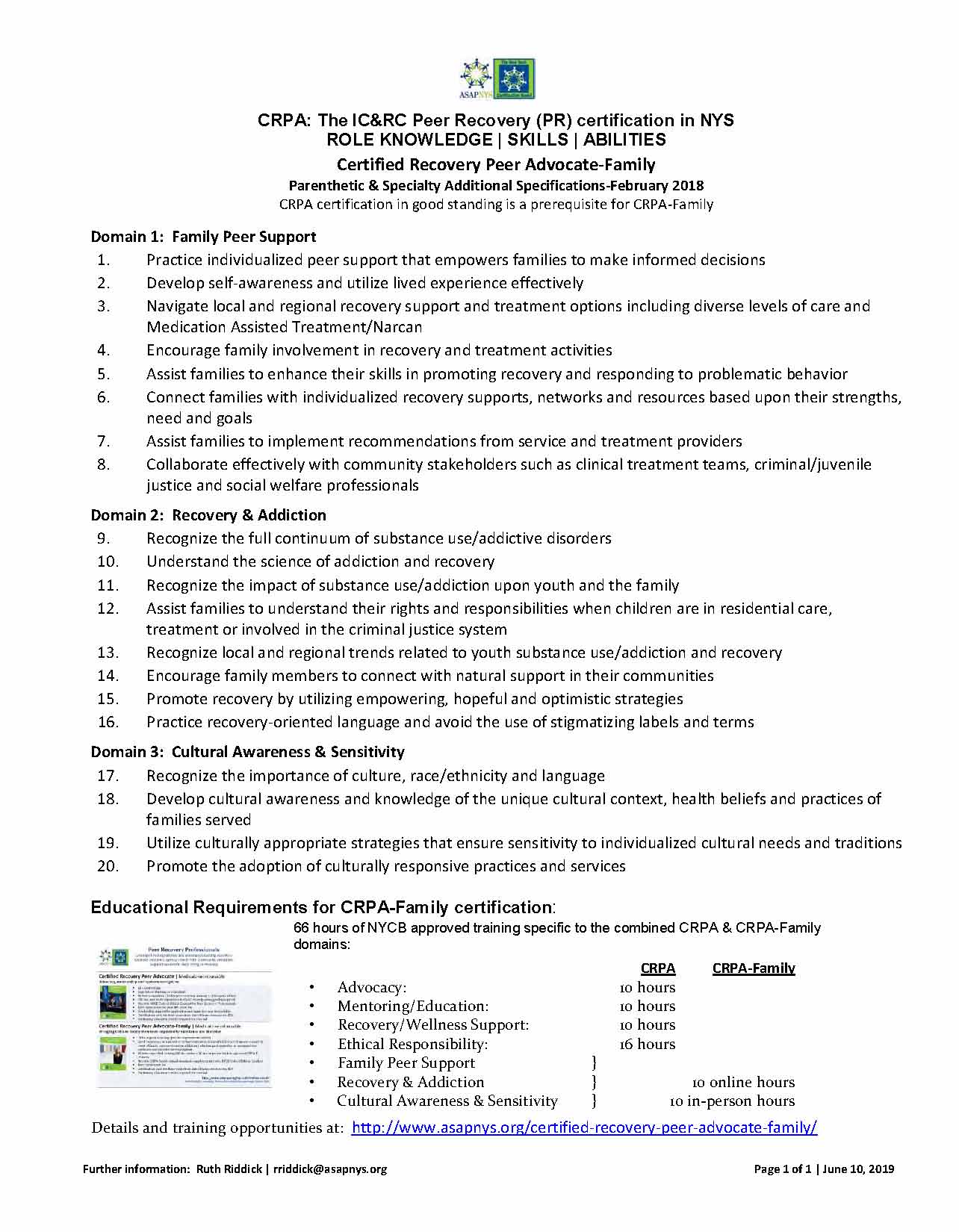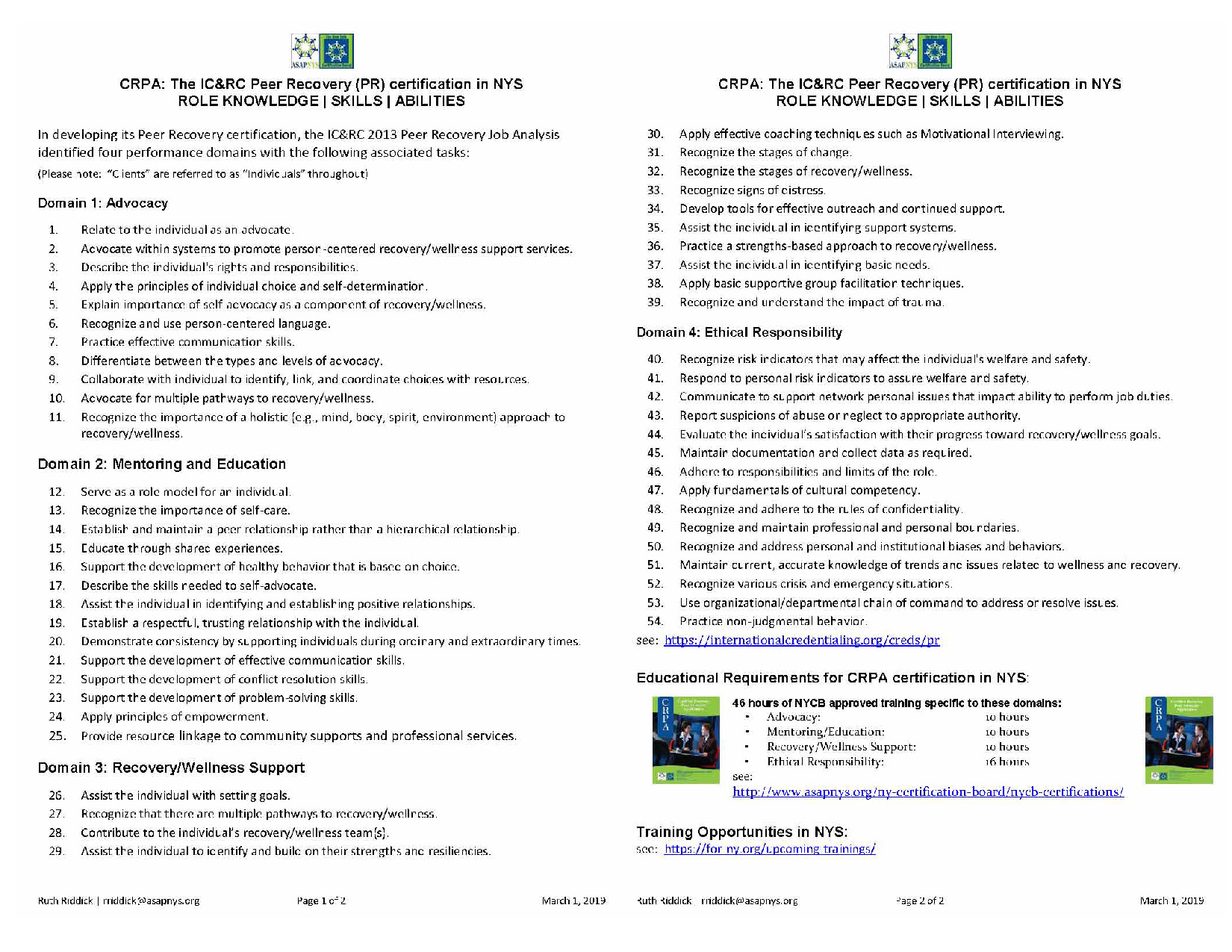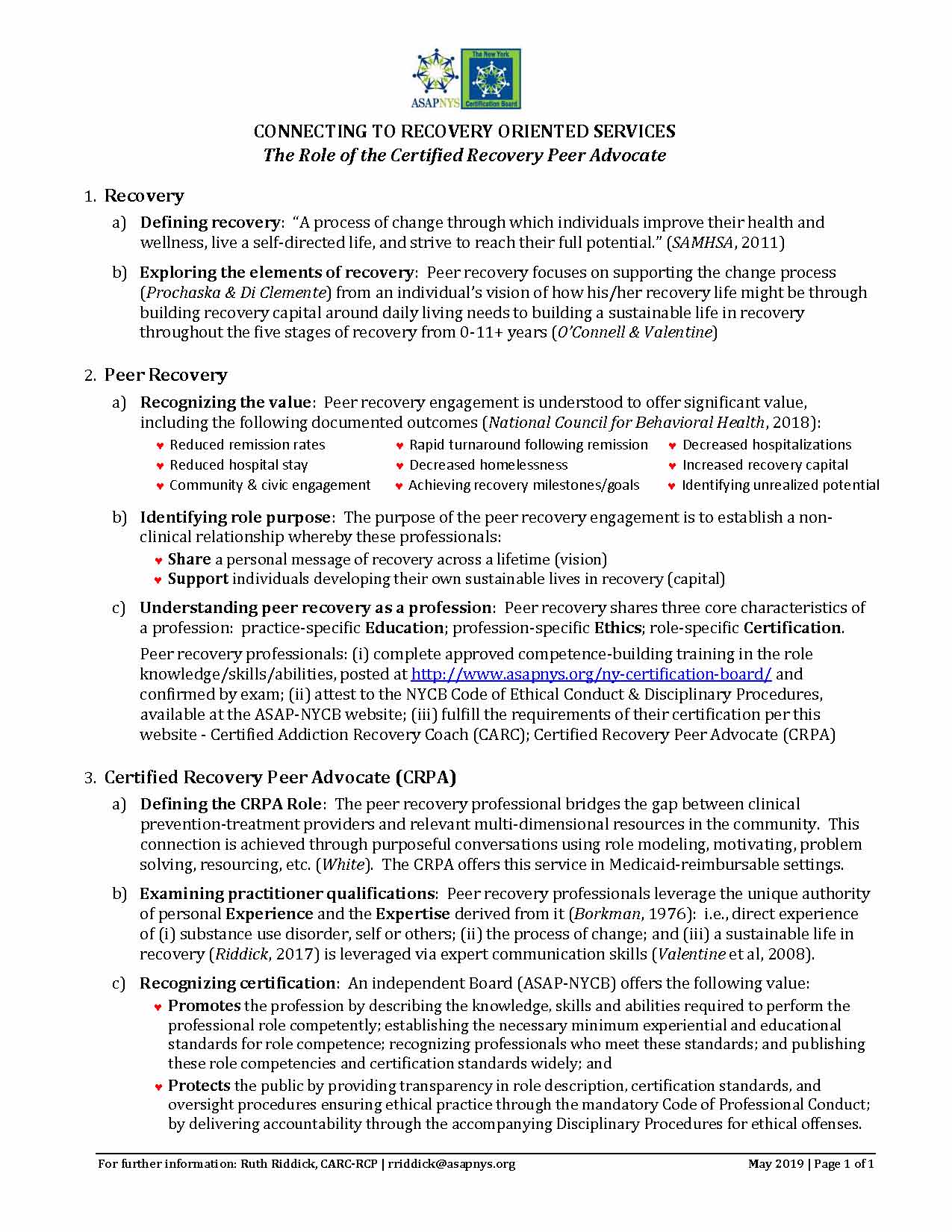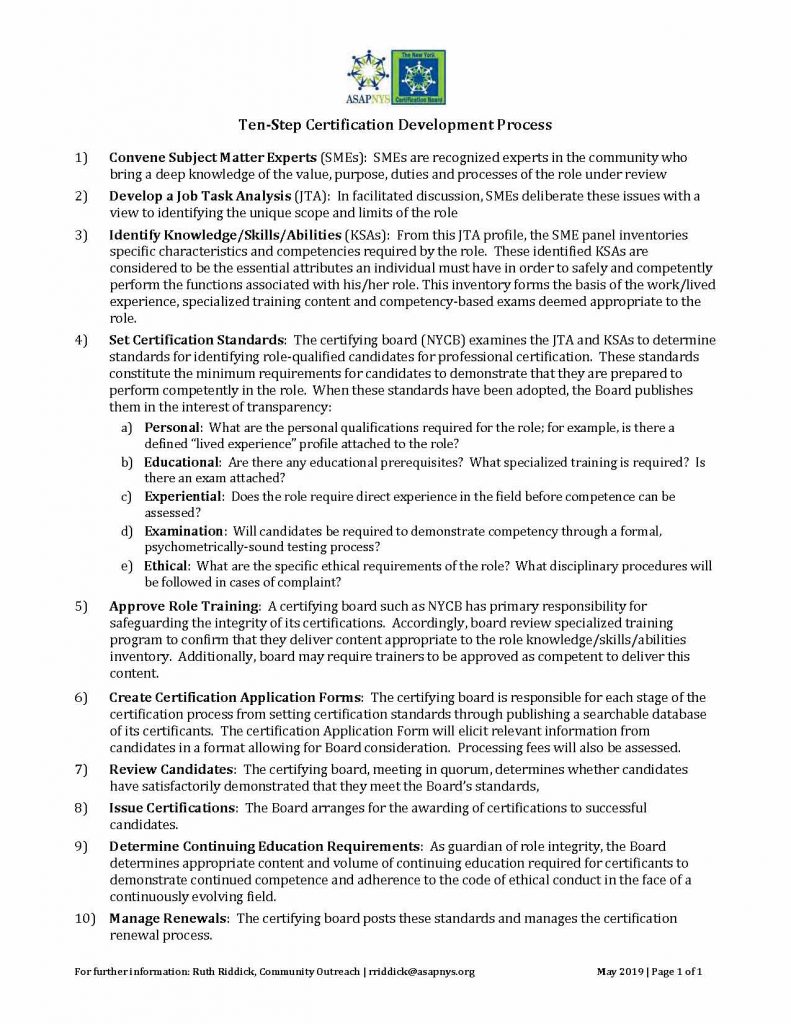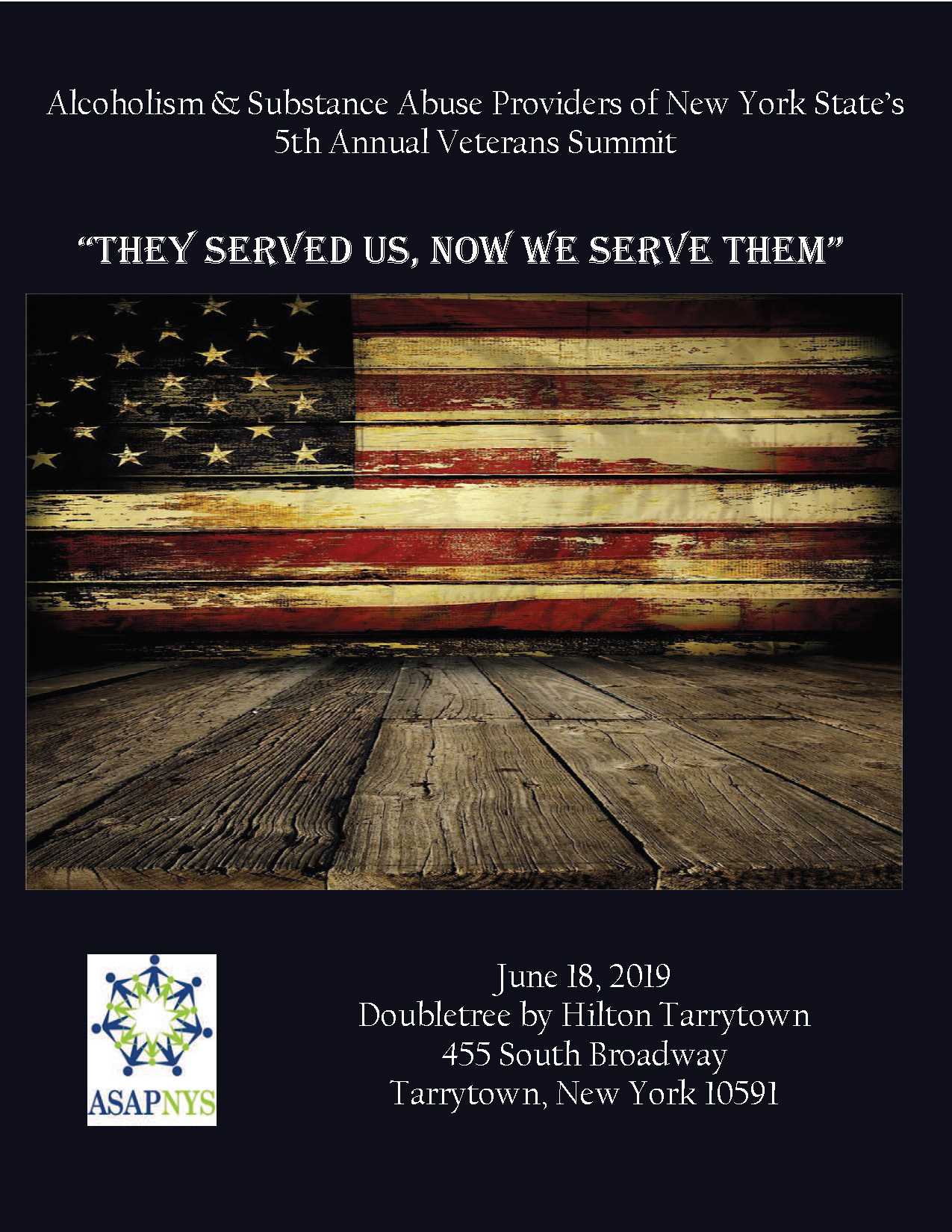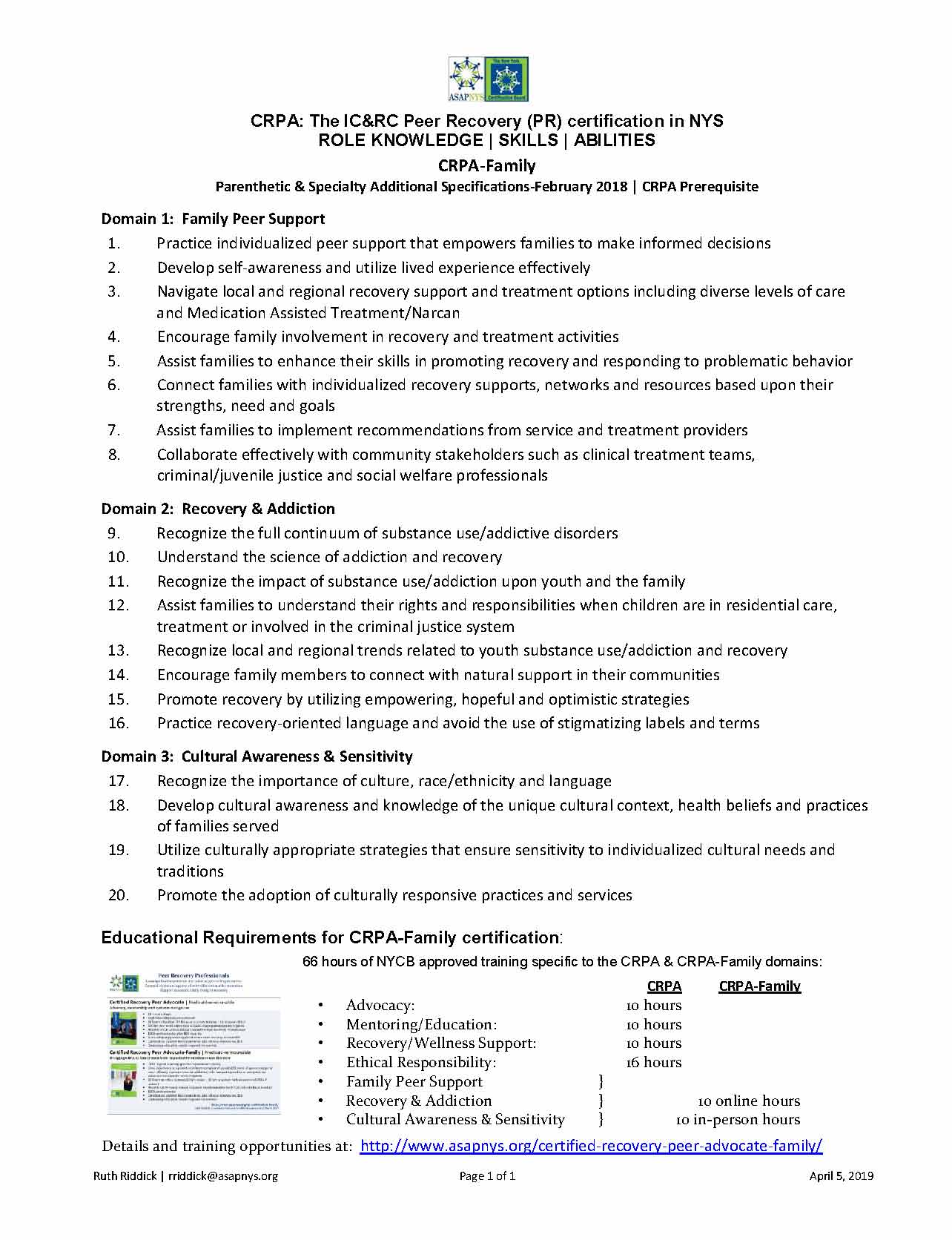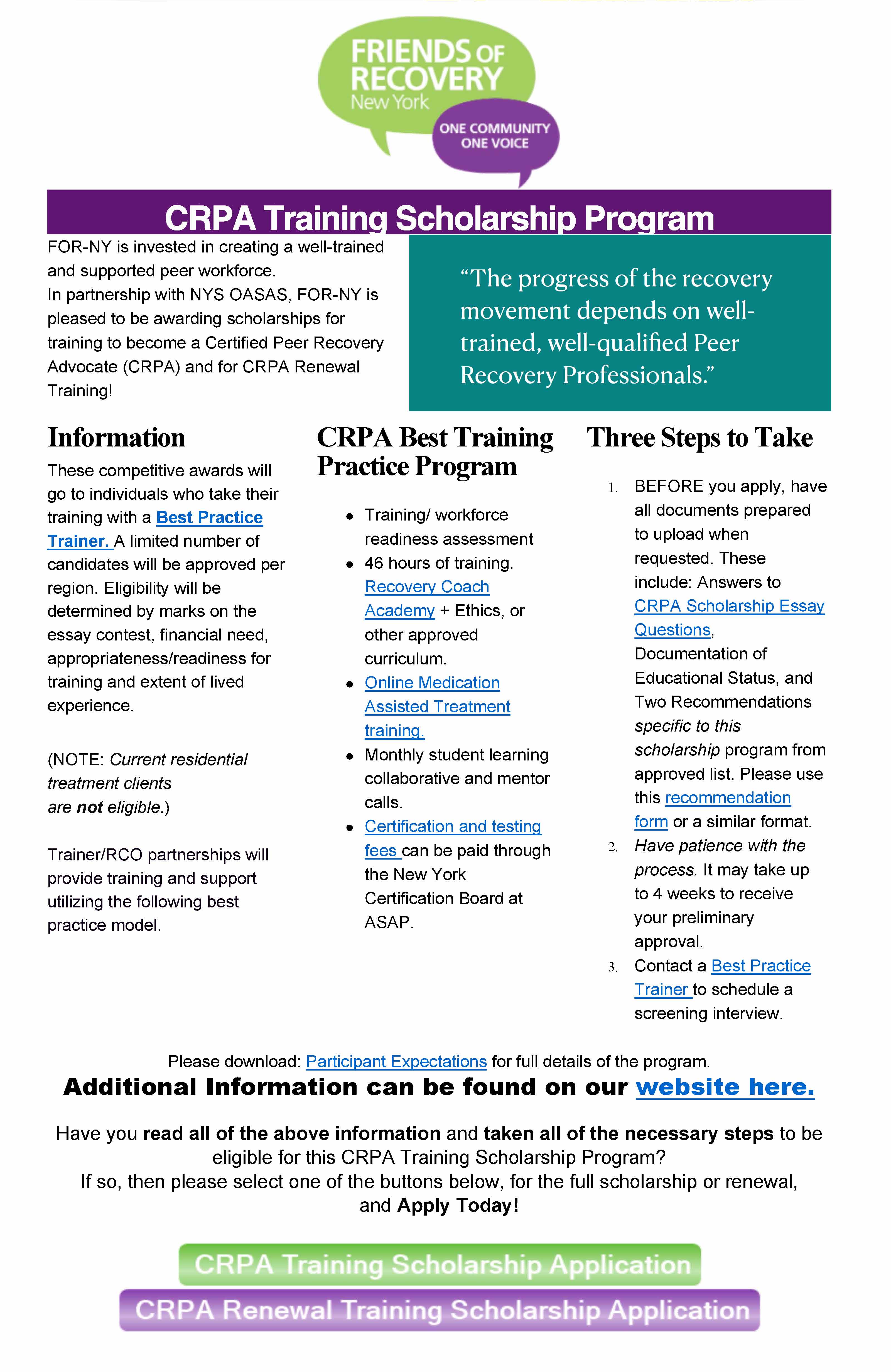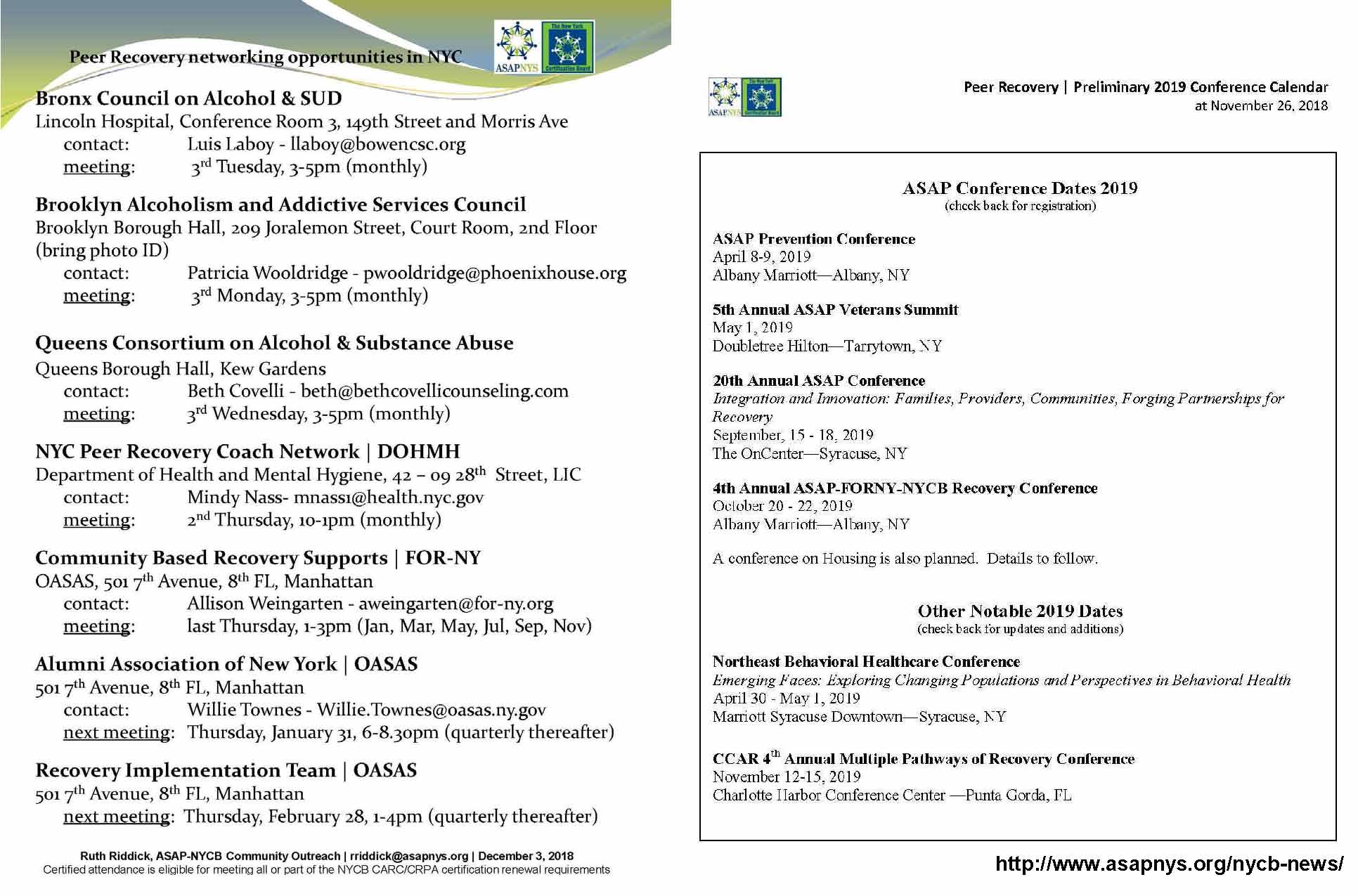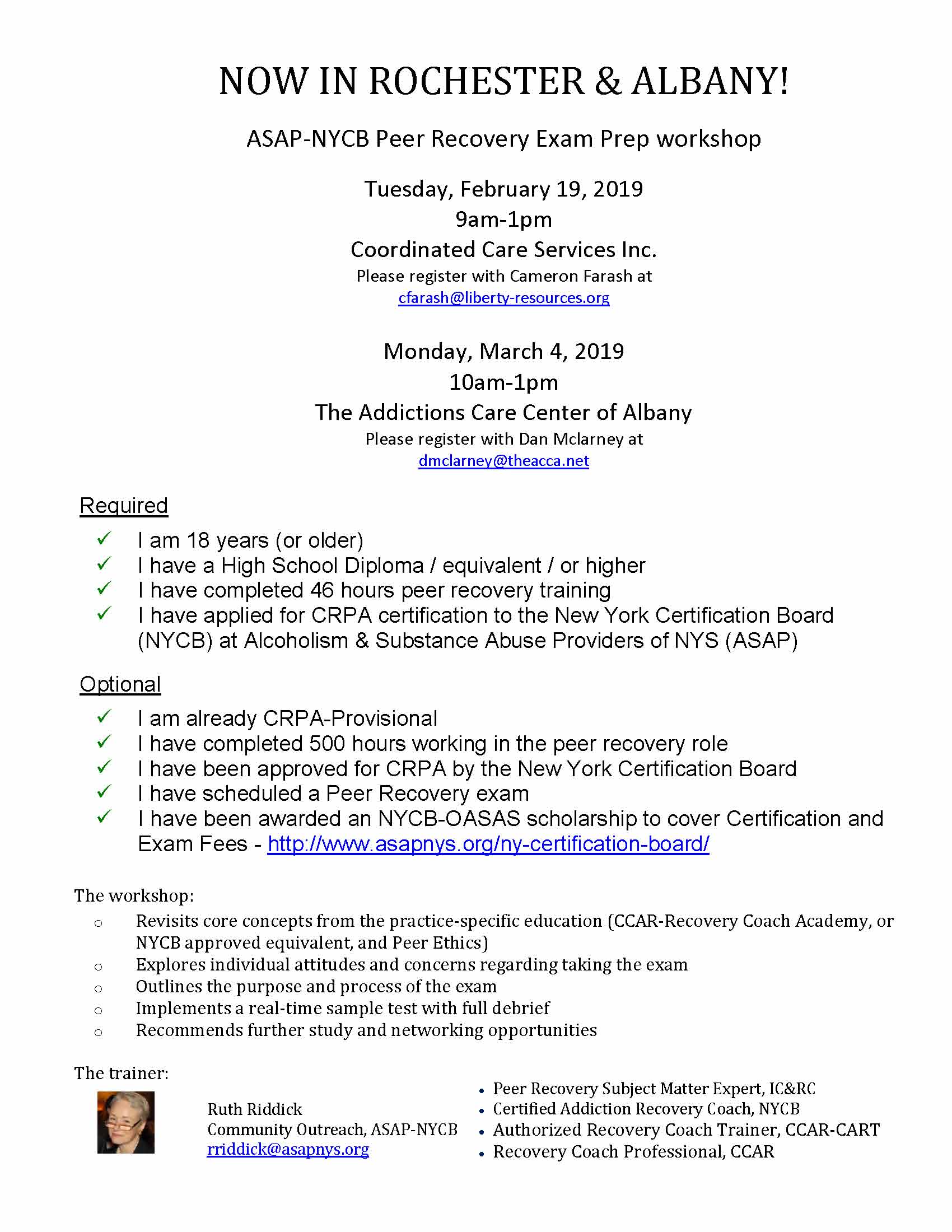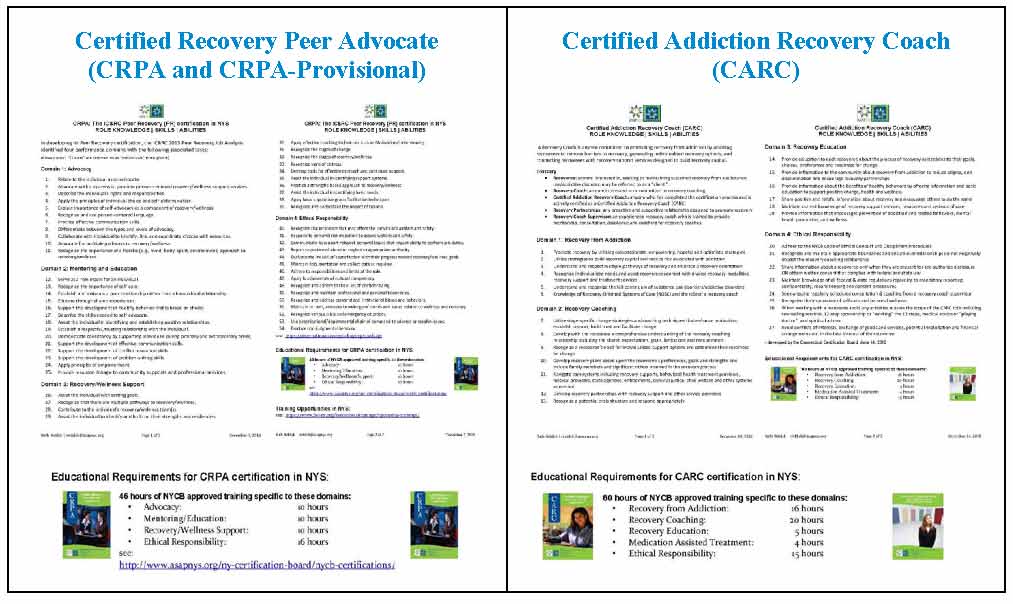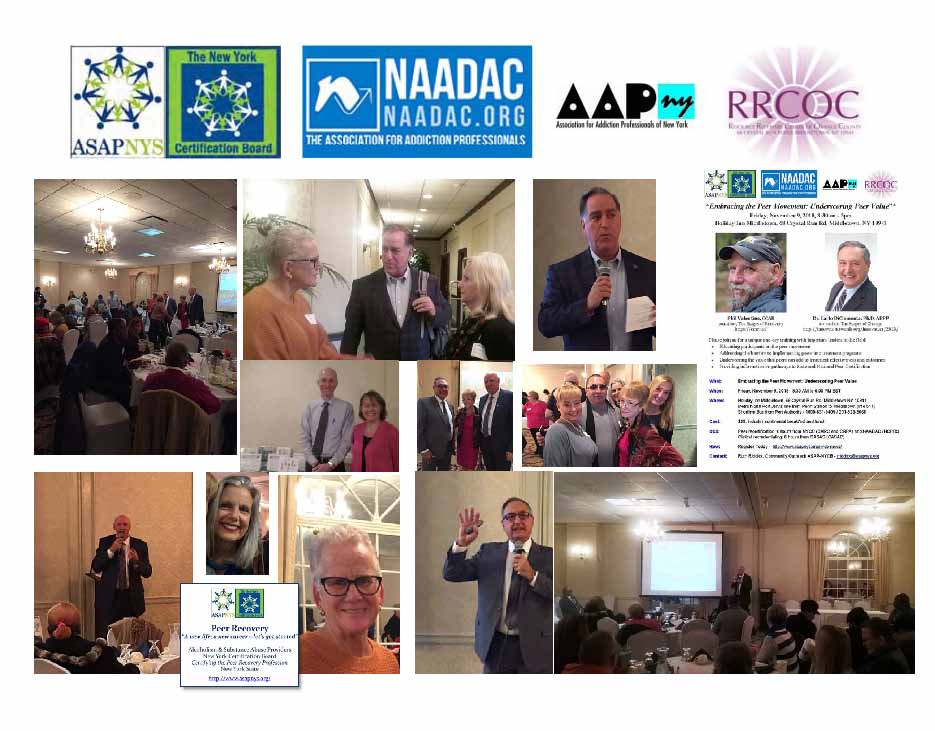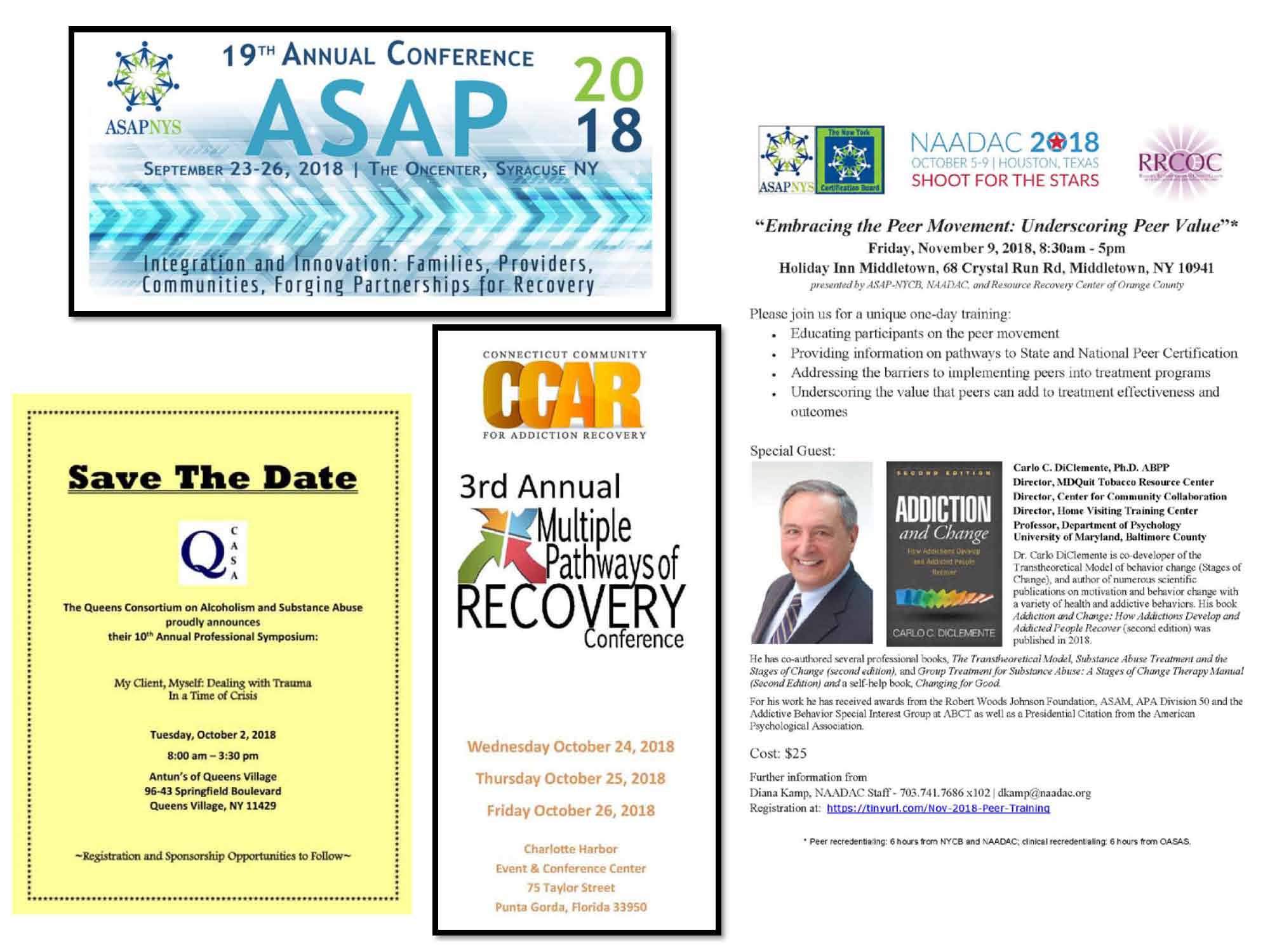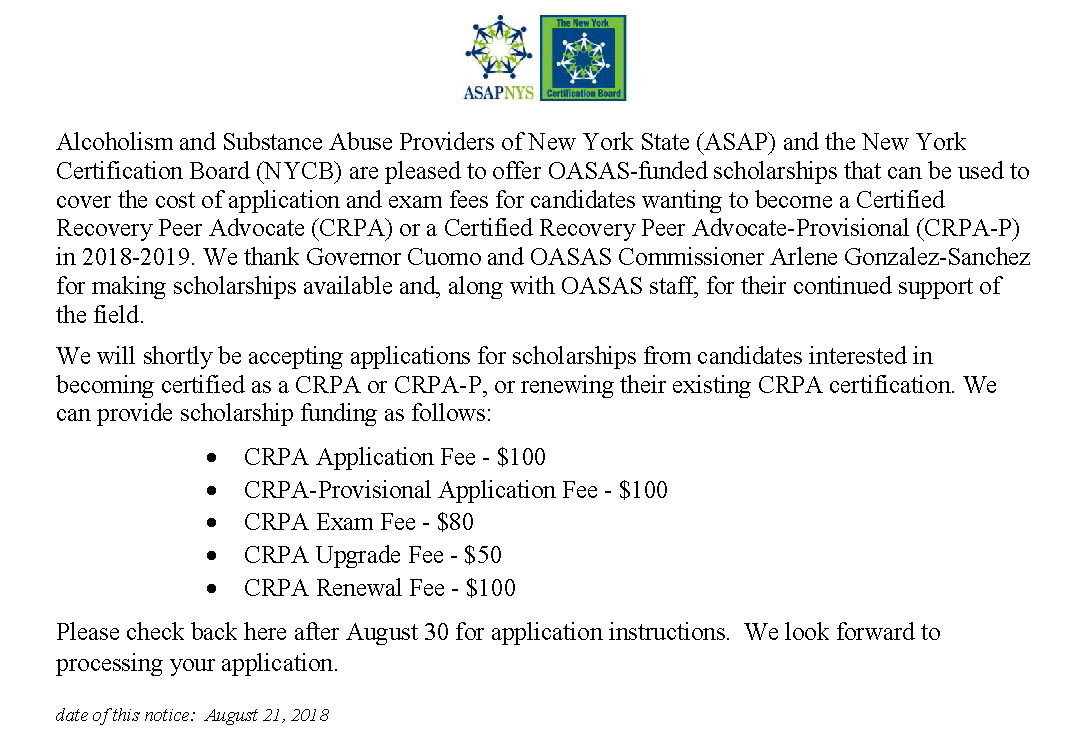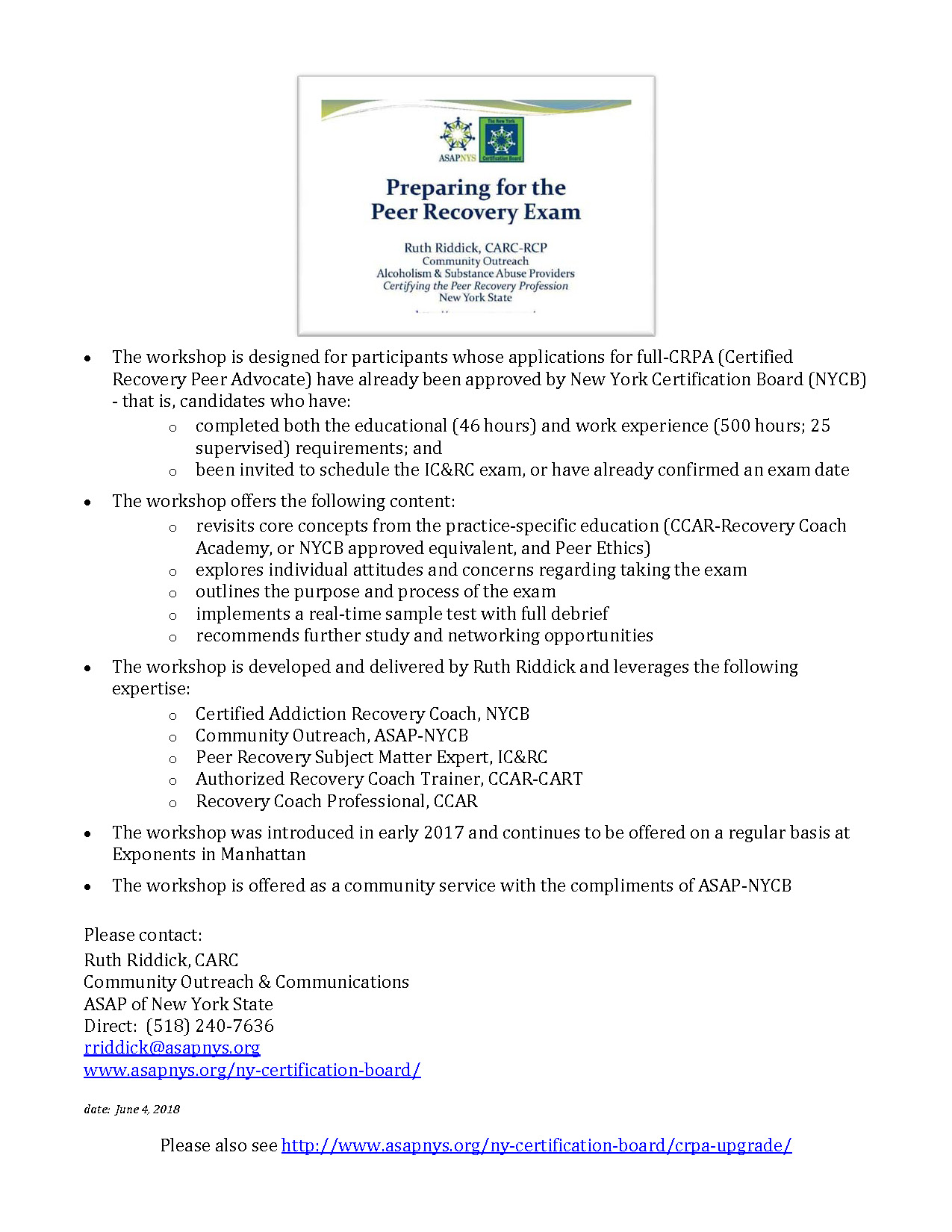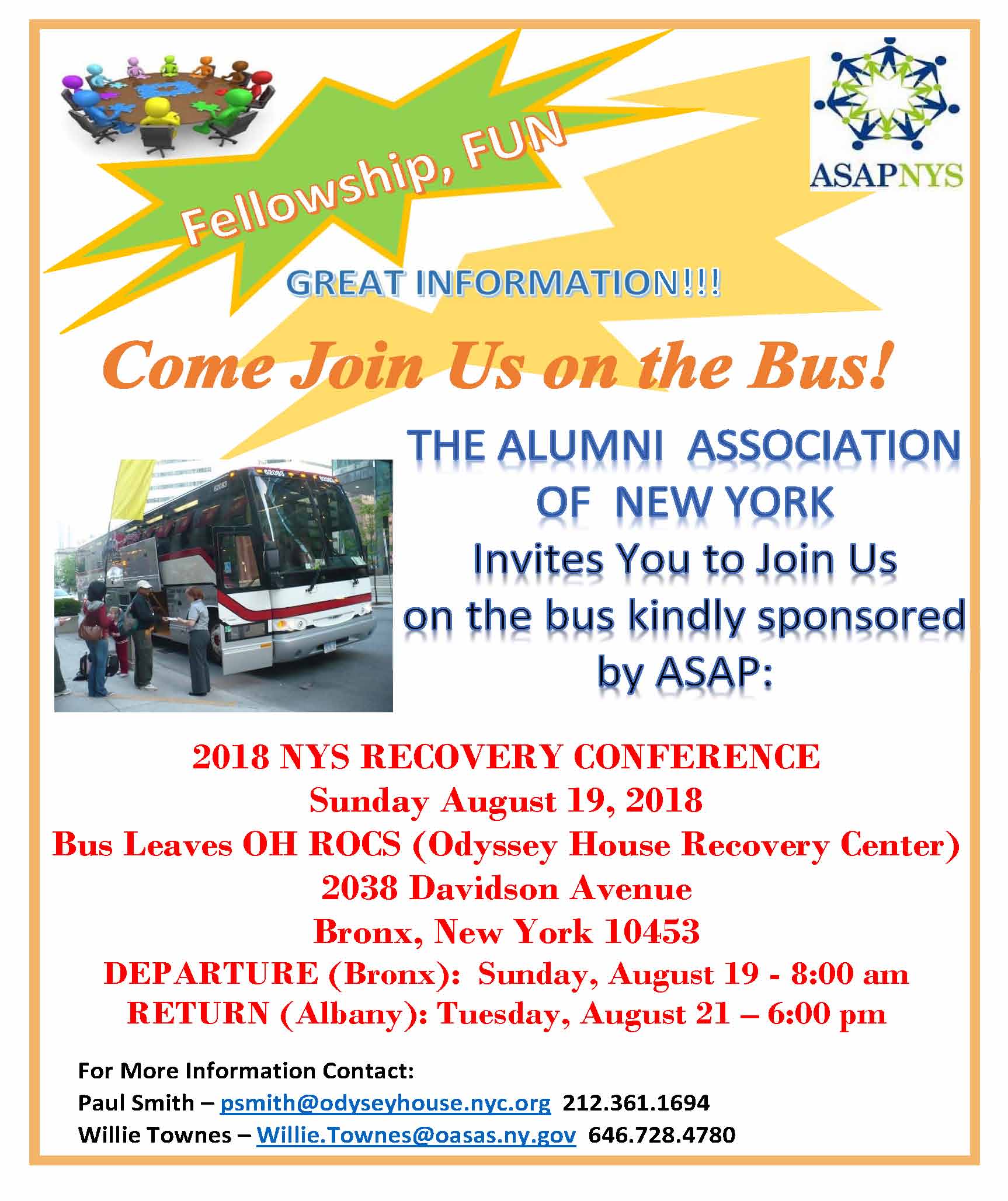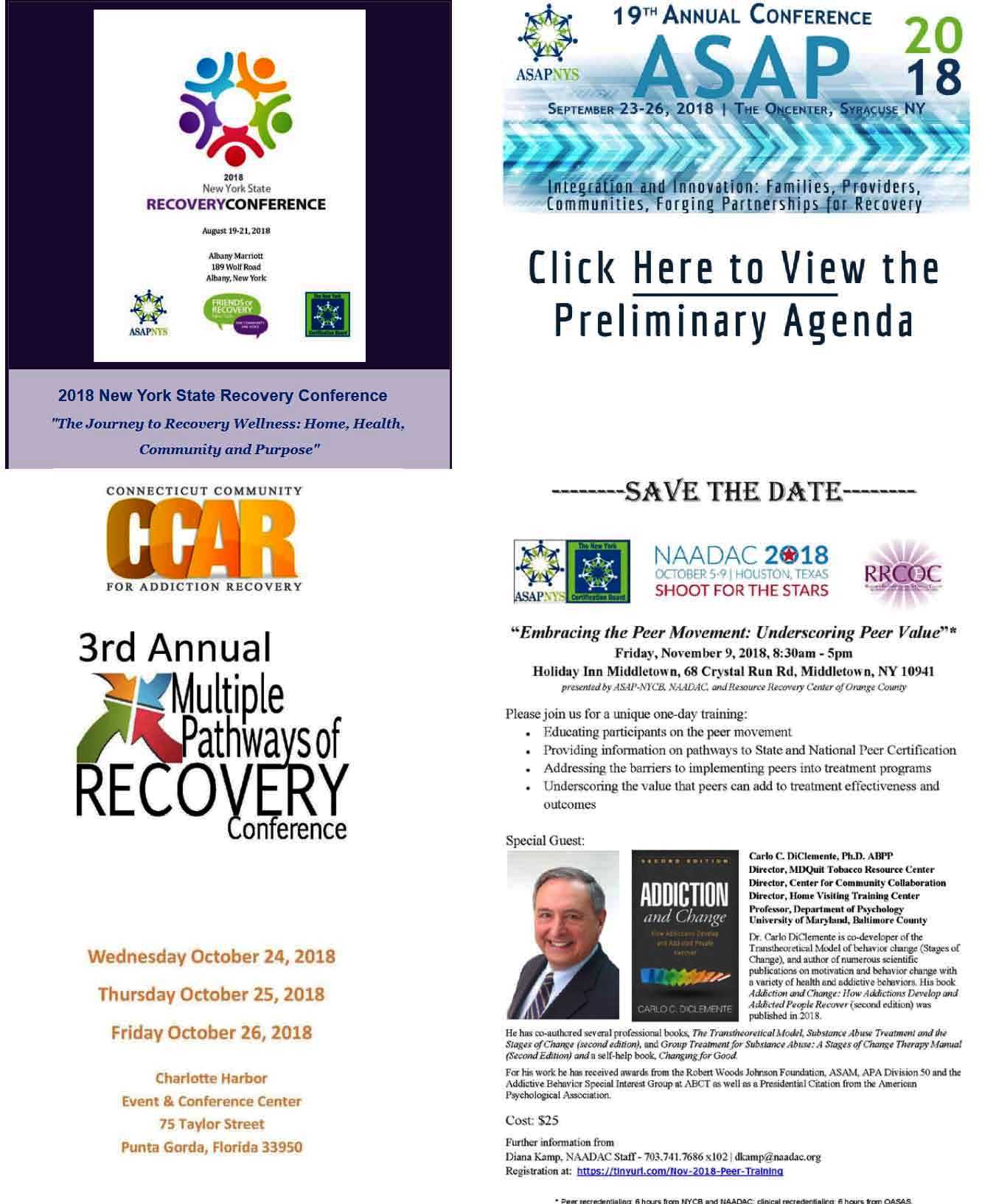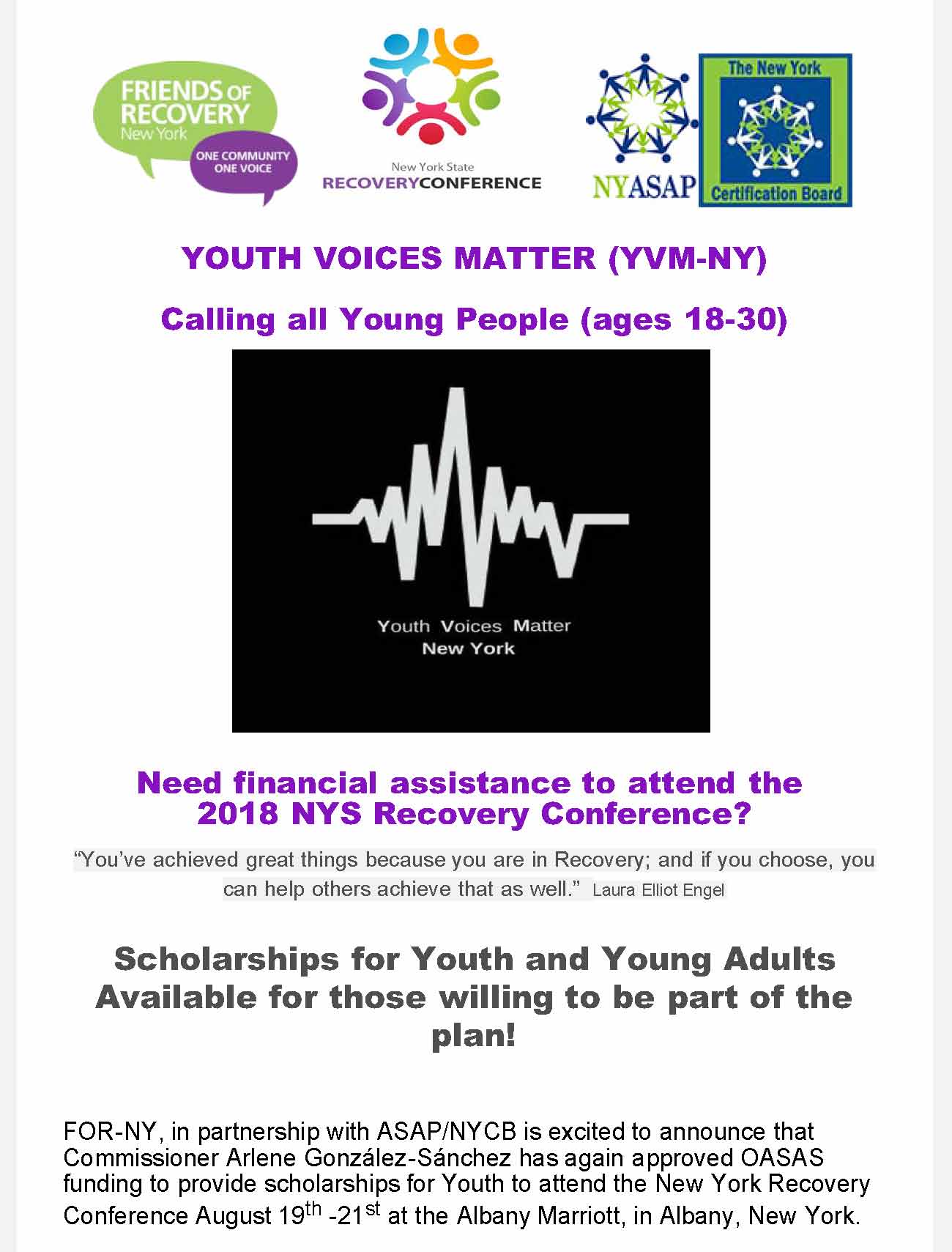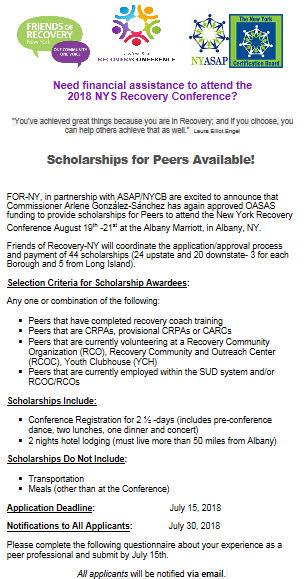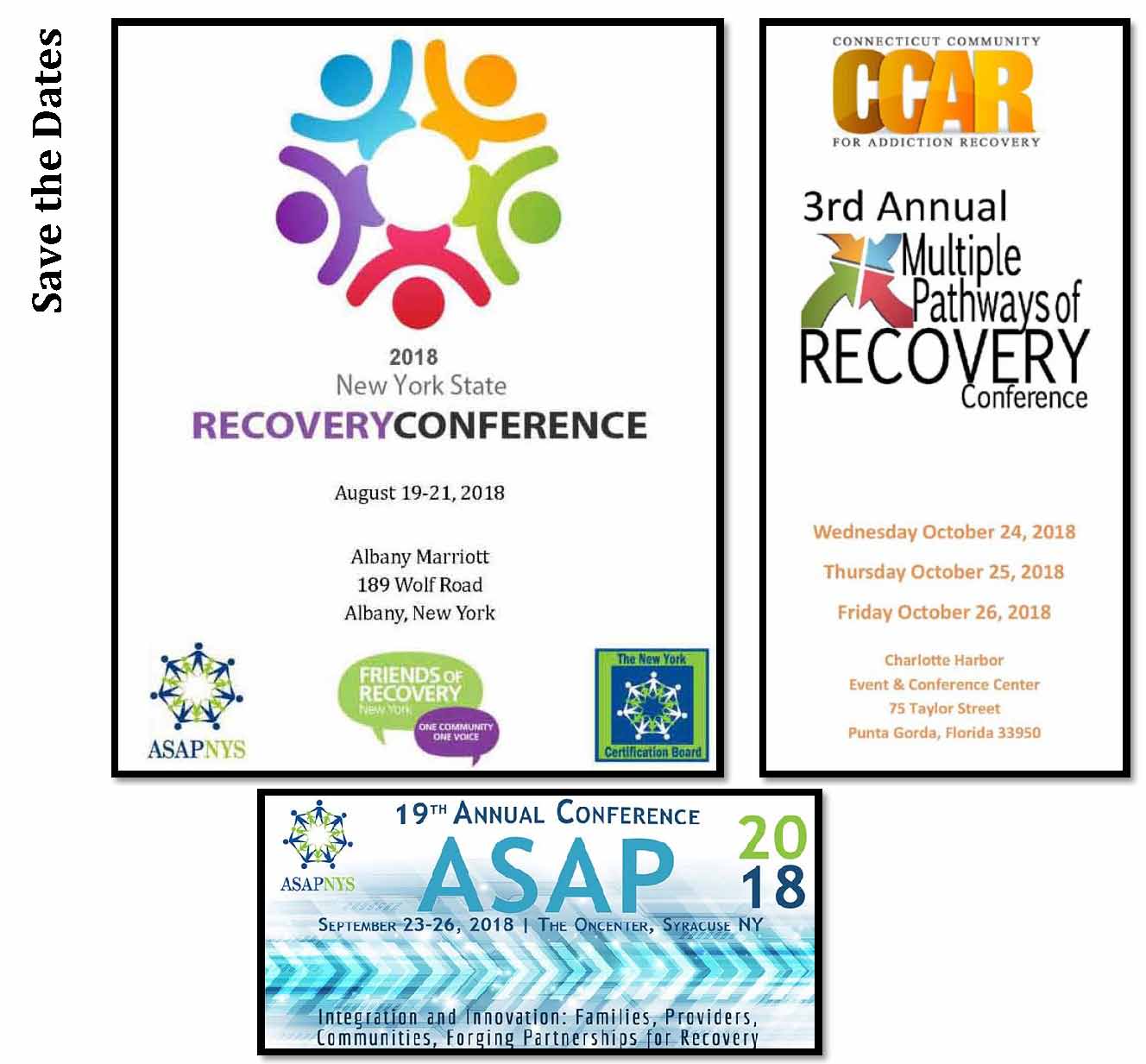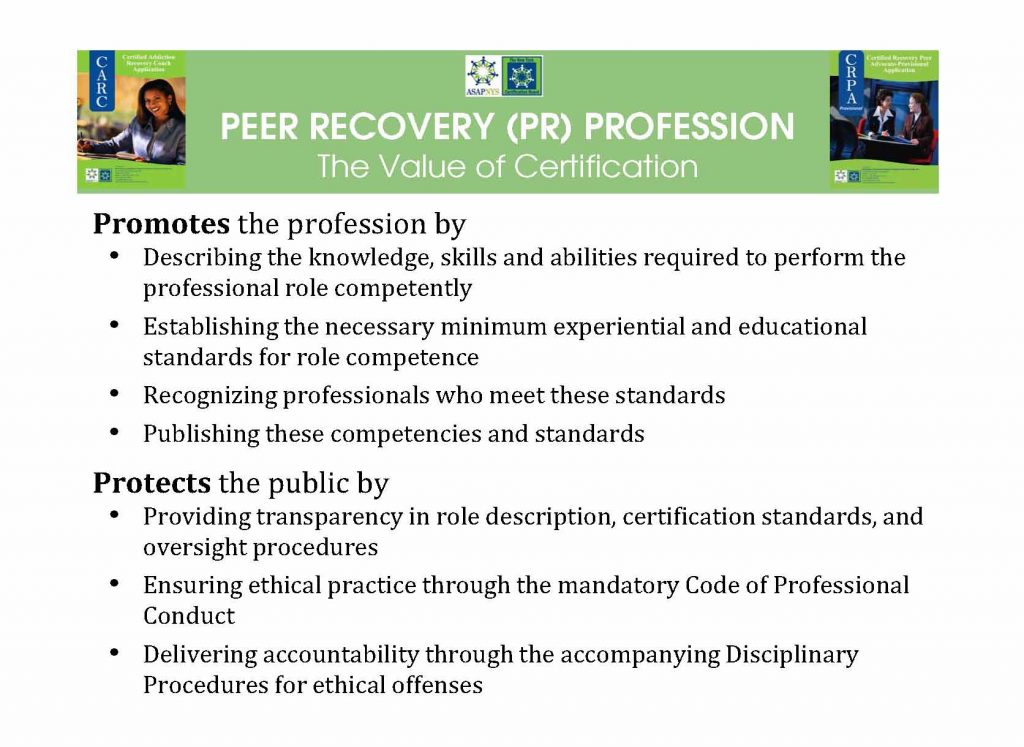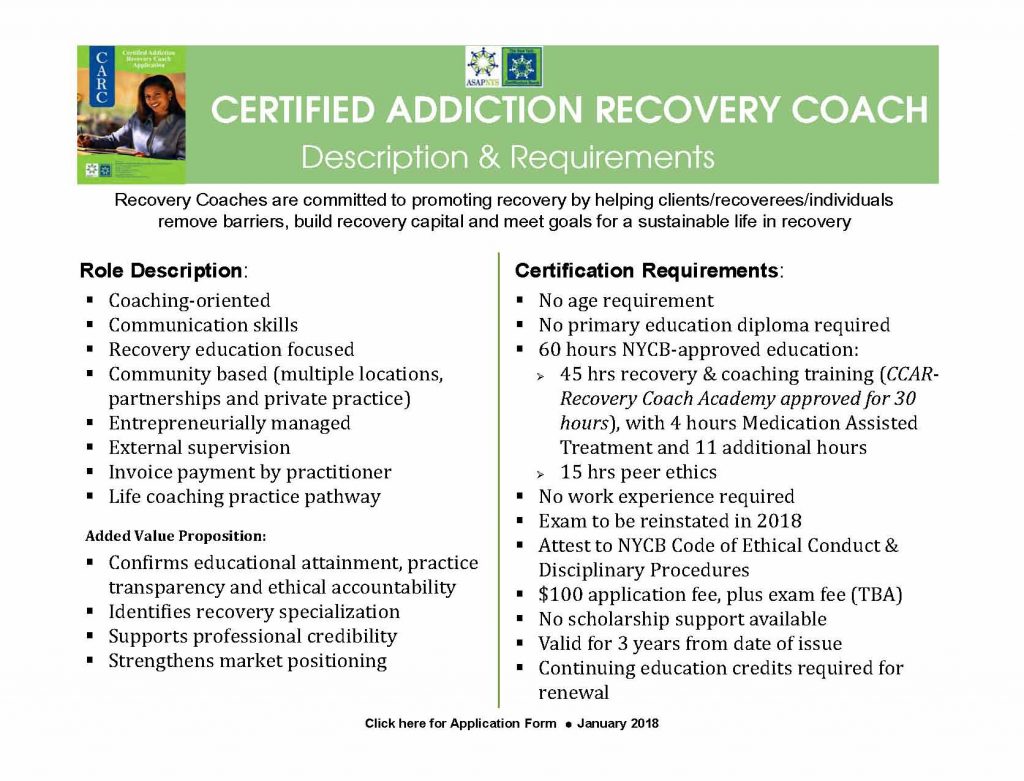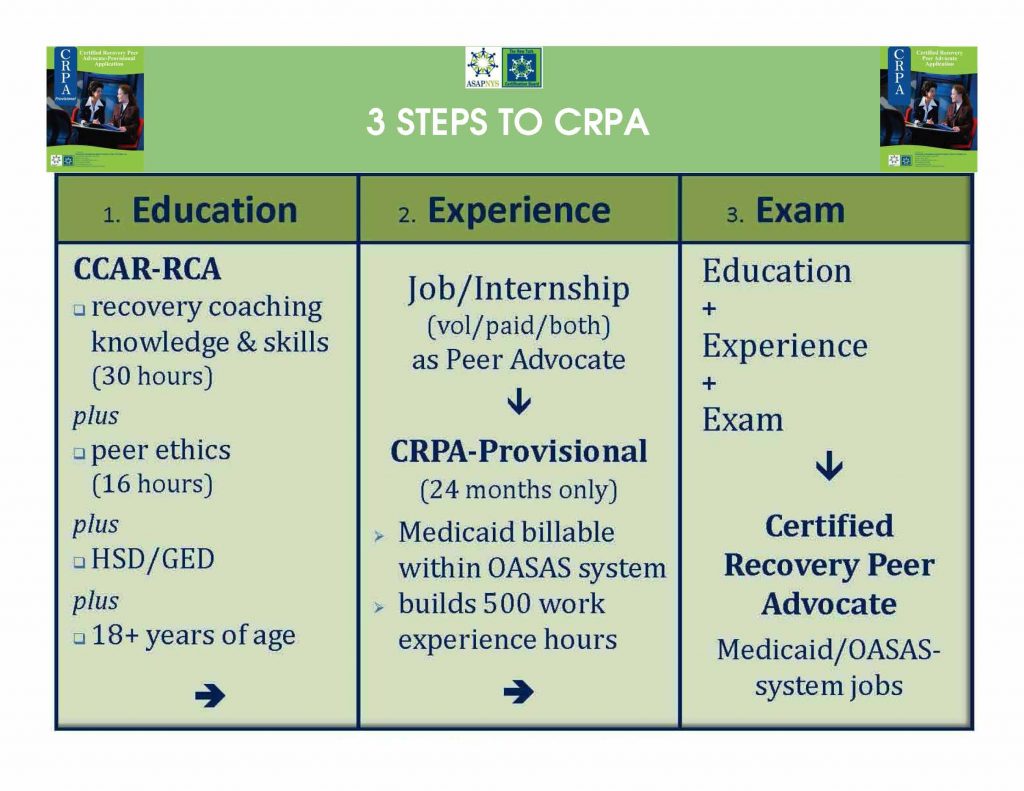Black History Month 2023: “Black Resistance” is the theme of the month-long observance of Black History Month, which starts Wednesday.
Since 1976, every U.S. president has set aside February as a month to celebrate the achievements of African Americans and their role in U.S. history.
Events throughout February will explore “how African Americans have resisted historic and ongoing oppression, in all forms, especially the racial terrorism of lynching, racial pogroms and police killings” since their arrival on the shores in the 1600s, according to the sponsoring Association for the Study of African American Life and History.
National Black (African American) History Month: February 2023 (census.gov)
Here Are 9 Ways to Celebrate Black History Month in 2023 – CNET
~~~~~~~~~~~~~~~~~~~~~~~~~~~~~~~~~~~~~~~~~~~~~~~~~~~~~~~~
ASAP Diversity, Equity & Inclusion Committee Members
Deirdre Rice-Reese, Committee Chair • Samaritan Daytop Village
Antonio Ruberto, Jr., Committe Co-Chair • The Lesbian, Gay, Bisexual & Transgender Community Center
Quetcy Alexander Young, Samaritan Daytop Village
Christine Cavallucci, Archdiocese Drug Abuse Prevention Program
Liliane Drago, Outreach Training Institute
John Gordon, The Educational Alliance
Katrina Jones, Acacia Network
Norwood Keaton, Program for the Development of Human Potential, Department of Education, Diocese of Brooklyn
Sherry LaFountain, Alcoholism & Substance Abuse Providers (ASAP)
Jennifer Loughran, Horizon Health Services
Liz Perulli, Samaritan Daytop Village
Dina Pizingrillo, Samaritan Daytop Village
Jannette Rondo, NYS OASAS
Jenny Varese, Phoenix House NY/LI
Dawn Wilkins, Catholic Charities of Orange, Sullivan and Ulster
Sonskeshana Kornegay, Committee On Cultural Competency Past Chair • Private Practice
Roy Kearse, Committee On Cultural Competency Past Chair • Samaritan Village
Lenard Hebert, II, Committee On Cultural Competency Past Chair
~~~~~~~~~~~~~~~~~~~~~~~~~~~~~~~~~~~~~~~~~~~~~~~~~~~~~~~~
2023 Intention Statements
~~~~~~~~~~~~~~~~~~~~~~~~~~~~~~~~~~~~~~~~~~~~~~~~~~~~~~~~
RESOURCES:
New York State Office of Mental Health – Office of Diversity and Inclusion Resources
Language Matters
Pronouns
Readings on Black Culture and Literacy
How to Tell if You Have White Fragility
Harvard’s IAT
~~~~~~~~~~~~~~~~~~~~~~~~~~~~~~~~~~~~~~~~~~~~~~~~~~~~~~~~
The Black History Month 2022 theme, “Black Health and Wellness,” explores “the legacy of not only Black scholars and medical practitioners in Western medicine, but also other ways of knowing (e.g., birth workers, doulas, midwives, naturopaths, herbalists, etc.) throughout the African Diaspora. The 2022 theme considers activities, rituals and initiatives that Black communities have done to be well.” We salute everyone helping to get access and afford quality care for BIPOC and all those in need.
~~~~~~~~~~~~~~~~~~~~~~~~~~~~~~~~~~~~~~~~~~~~~~~~~~~~~~~~
5.16.22 The events of this weekend in the City of Buffalo causes us to be deeply saddened. Hatred is not siloed in Buffalo; it is an American problem. When will it stop?!
Before we can address justice, equity, diversity, or inclusion, we have to stand against hate. If you’re being sympathetic and nothing else, you’re not doing anything.
Taking action, including marching, voting, teaching, learning, and most importantly, role modeling, are all considered intentionally doing something!!
Immediately, take steps for change, even if it is writing a check, making a call, or writing a letter to those who are working on sustainable change. Again (all too often) we have to offer thoughts and prayers to the families and loved ones connected to the tragedy of lives lost to hate. #immediateintentionablesustainablechange, #stopthehate
“Change will not come if we wait for some other person or some other time. We are the ones we’ve been waiting for, we are the change that we seek.”
– Barack Obama
Below is a list of several organizations coming together to offer support and service:
- Buffalo Rising
- Buffalo Community Fridge serves the Jefferson Ave. community where this hate crime took place.
From the National Mass Violence and Victimization Resource Center:
- Transcend (mobile app to assist with recovery after mass violence)
- Rebuild your Community: Resources for Community Leaders
- Media Guidelines for Homicide Family Survivors
- Timeline of Activities to Promote Mental Health Recovery
- Self-Help: Resources for Survivors
- E-learning Courses: Trainings for Clinicians
- Resources for Victim Assistance Professionals
From the Center for the Study of Traumatic Stress at the Uniformed Services University:
- Grief Leadership: Leadership in the Wake of Tragedy
- Leadership Communication: Anticipating and Responding to Stressful Events
- Coping with Stress Following a Mass Shooting
~~~~~~~~~~~~~~~~~~~~~~~~~~~~~~~~~~~~~~~~~~~~~~~~~~~~~~~~
2.16.21 – Last week marked the beginning of Black History Month, a month long celebration of the achievements and contributions of Black Americans. It is also a time to reflect on the pervasive impact of racism and racial inequality, and how present-day inequities continue to damage and threaten Black communities across our country. For over 20 years, ASAP has proudly stood as soldiers in the fight for equality for all, led by some remarkable people both on the Board of ASAP and on the renamed Diversity, Equity and Inclusion Committee (DEI formerly Committee on Cultural Competency).
Last year the murders of George Floyd, Breana Taylor and Ahmad Aubrey sparked a fire that lit the torch to move forward the efforts for racial/social justice. The global pandemic illuminated the healthcare disparities plaguing Black, Indigenous, and People of Color (BIPOC), along with other disenfranchised groups. The need for the work of our committee and ASAP to continue, despite our competing priorities is critical. The ASAP DEI is open to ASAP members who would like to join us in this fight for Justice, Equity, Diversity and Inclusion by rolling up your sleeves and putting in the work.
Thank you for taking the time to honor Black History Month, we look forward to the work we all must do to assure equitable success.
Happy Black History Month – James Baldwin penned: “Not everything that is faced can be changed; but nothing can be changed until it is faced,” in 1962. We are facing the need to change without fear.
~~~~~~~~~~~~~~~~~~~~~~~~~~~~~~~~~~~~~~~~~~~~~~~~~~~~~~~~
ASAP Diversity, Equity & Inclusion Committee Mission Statement:
The ASAP Committee on Cultural Competency strives to enhance awareness relative to cultural diversity with an emphasis on inclusion of all groups.
~~~~~~~~~~~~~~~~~~~~~~~~~~~~~~~~~~~~~~~~~~~~~~~~~~~~~~~~
TO PROMOTE ENHANCED DIVERSITY AND COMPETENCY IN
NEW YORK STATE’S ALCOHOLISM AND SUBSTANCE ABUSE SERVICES
THE COMMITTEE SUPPORTS THE FOLLOWING TWELVE-POINT PLATFORM:
1. Ongoing advocacy for program management and staff that is representative and reflective of the diverse clients they serve. This also includes the management and staff of OASAS.
2. We recommend that this commitment to diversity should be institutionalized and articulated in the mission, vision, values statement and strategic plan of every treatment and prevention service provider.
3. Every service provider should ensure that their management and staff undergo regular, formal training in diversity and competency, consistent with OASAS Local Service Bulletin #2001-01.
4. Every service provider should develop a written strategy to recruit, retain and promote diverse, culturally competent administrative, managerial, clinical and support staff who are trained and qualified to address the specific needs of the diverse racial and ethnic communities served. Every service provider should review and adjust its policies and procedures to ensure that they reflect their commitment to diversity and competency, including areas such as intake, treatment planning, discharge planning and client satisfaction.
5. We support the plans by OASAS and ASAP for leadership development and would recommend that these plans include cultural diversity and cultural competency training.
6. Every service provider should ensure that all written materials are fully accessible to all clients served, such as forms, rules and regulations, and consents for disclosure of information (“releases”) and bibliotherapeutic materials. These materials should be written in a variety of languages which would make them easily understood by the populations served.
7. Every service provider should have a practical written policy and procedure manual which includes addressing the needs of clients, applicants and collateral contacts who are disabled.
8. OASAS should continue to develop and deliver curricula on competency-related issues and skills, and make these trainings more available to providers.
9. As part of the CASAC credentialing and re-credentialing process, OASAS should require that applicants complete a minimum number of training hours in diversity and competency training.
10. We advocate that OASAS create a statewide service directory for providers that would list trainers, including the specific expertise in the area of cultural diversity/competency. This directory should be made available to all providers and updated with reasonable frequency.
11. We advocate that ASAP includes in its PEER REVIEW process a mechanism for gauging whether systems are in place to address the needs of the ethnic communities in the programs being reviewed.
12. We recommend that OASAS and ASAP continually explore funding streams that would lend financial support to programs for their efforts to enhance services in the areas of cultural diversity and competency.
